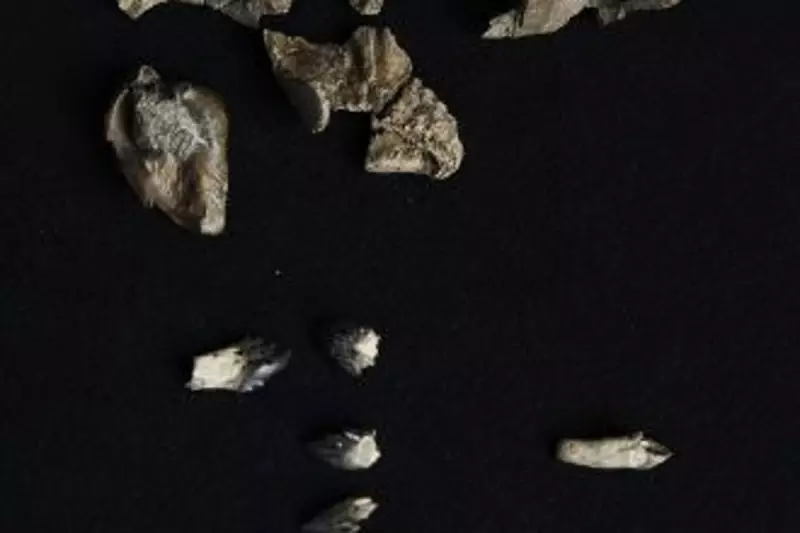
In a groundbreaking discovery, paleontologists have uncovered a 19-million-year-old whale fossil in Australia that could reshape our understanding of early marine mammal evolution. The remarkably preserved specimen, named Janjucetus hunderi, offers unprecedented insights into the transition from land to sea in cetacean ancestors.
A Prehistoric Puzzle Piece
The fossil, found in Victoria's coastal cliffs, represents one of the most complete specimens of an early toothed whale ever discovered. Measuring approximately 3.5 metres in length, this ancient creature provides crucial evidence about how modern whales developed their distinctive features.
Evolutionary Revelations
What makes this discovery particularly significant are the unexpected anatomical features:
- Primitive jaw structure suggesting transitional feeding methods
- Unusually large eyes adapted for deep diving
- Vestigial hind limbs indicating recent land ancestry
These characteristics challenge previous theories about the pace and nature of whale evolution during the Oligocene epoch.
Scientific Implications
Dr. Erich Fitzgerald, lead researcher at Museums Victoria, explains: "This fossil fills a critical gap in our knowledge. It shows that early whales experimented with different evolutionary strategies before modern species emerged."
The discovery suggests that:
- Whale evolution was more complex than previously thought
- Multiple evolutionary pathways existed simultaneously
- Australia played a more significant role in marine mammal evolution than recognised
Preservation Mystery
The exceptional condition of the fossil has puzzled scientists. The skeleton remained nearly intact despite millions of years of geological activity. Researchers speculate that rapid burial in an oxygen-poor environment may have prevented decomposition and scavenging.
This extraordinary find continues to be studied, with hopes that advanced imaging techniques will reveal more secrets about Earth's ancient marine ecosystems and the origins of modern whales.





